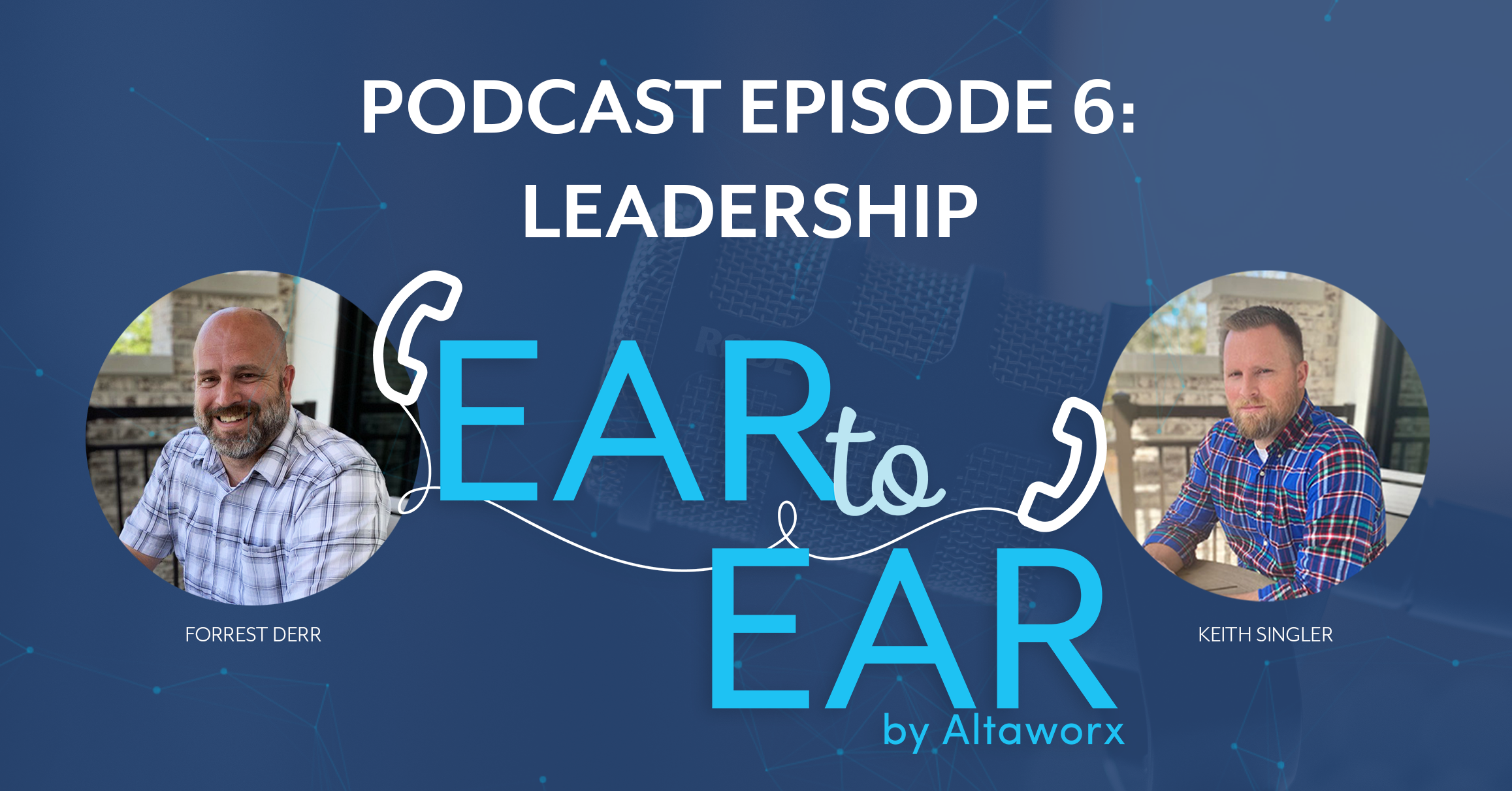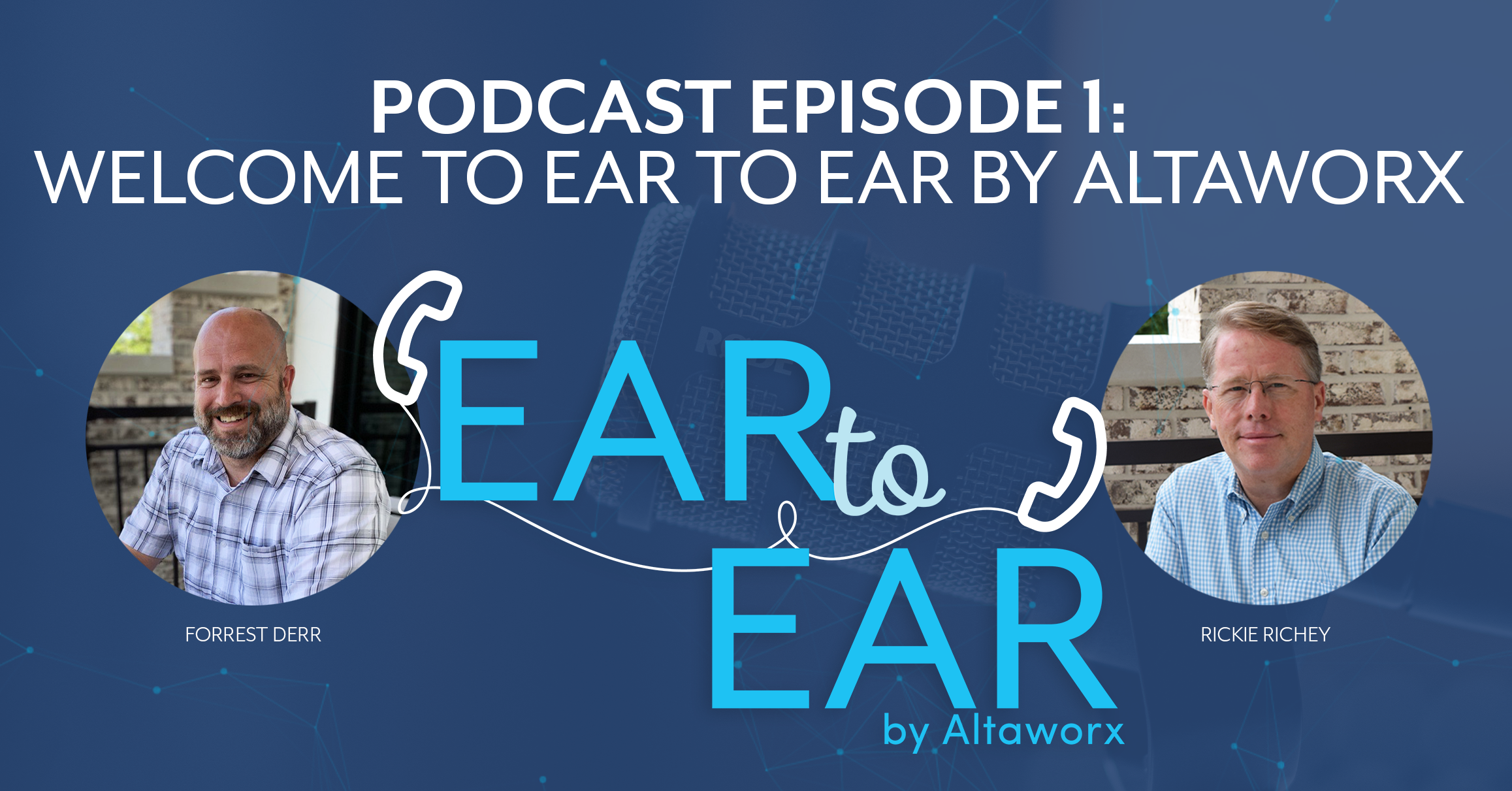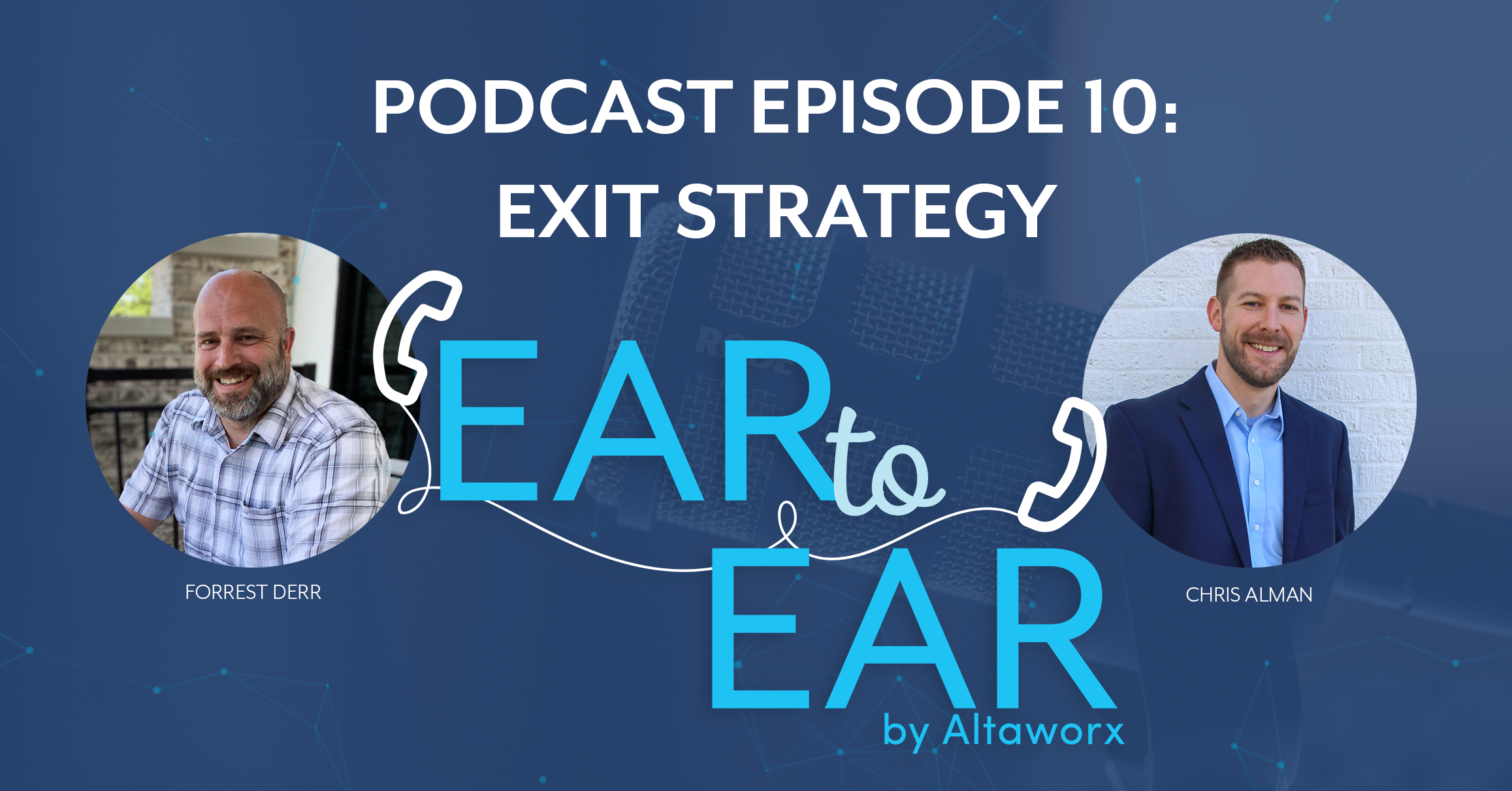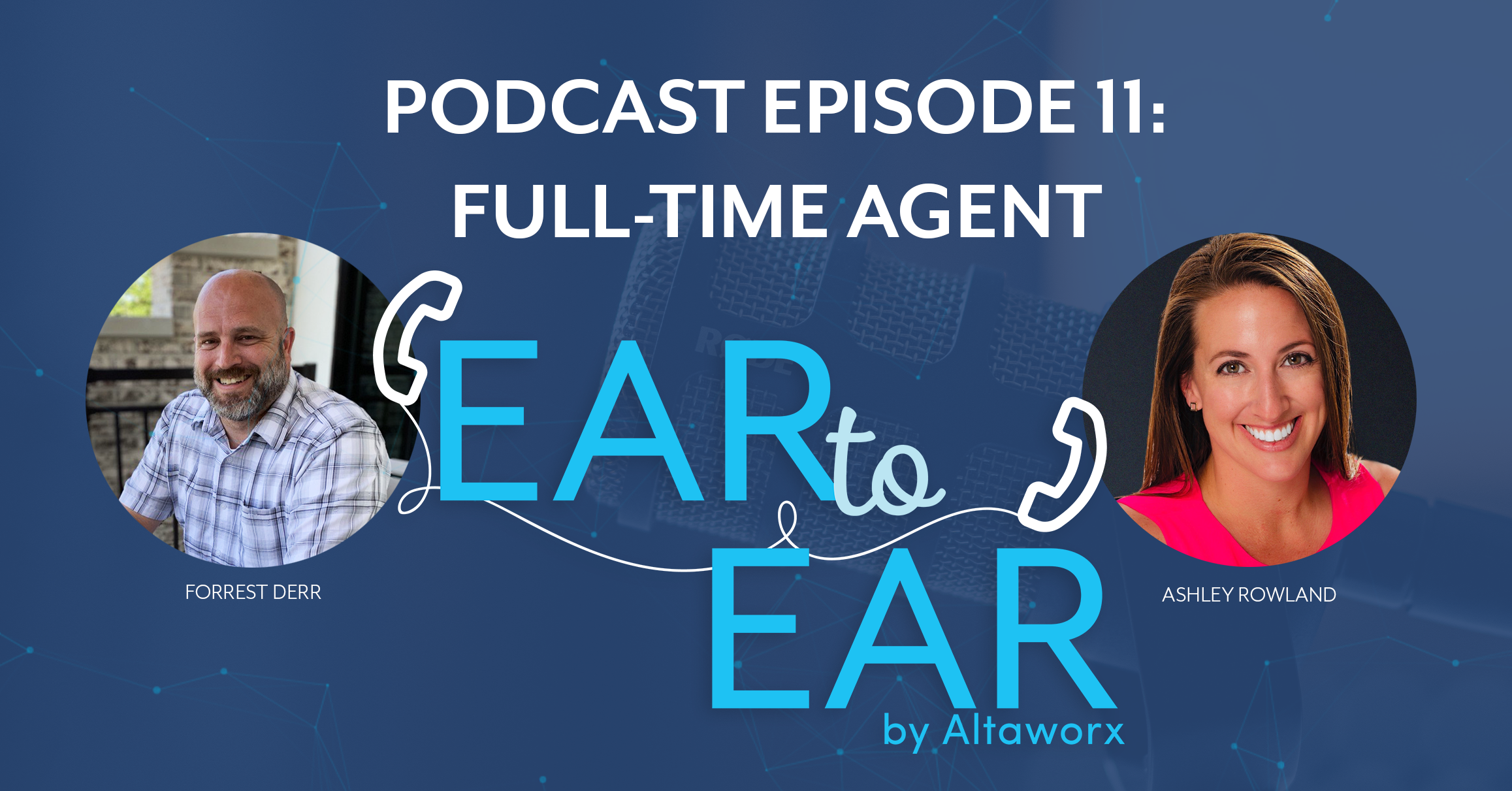Ear To Ear Podcast | EPISODE 6: Leadership with Keith Singler

- May 3, 2023
Blog Post
Related Articles
Lorem ipsum dolor sit amet, consectetur adipiscing elit. Suspendisse varius enim in eros elementum tristique.
Blog Post CTA
H2 Heading Module
Lorem ipsum dolor sit amet, consectetur adipiscing elit. Suspendisse varius enim in eros elementum tristique.
Subscribe for
Our Blog
Lorem ipsum dolor sit amet, consectetur adipiscing elit. Suspendisse varius enim in eros elementum tristique.




